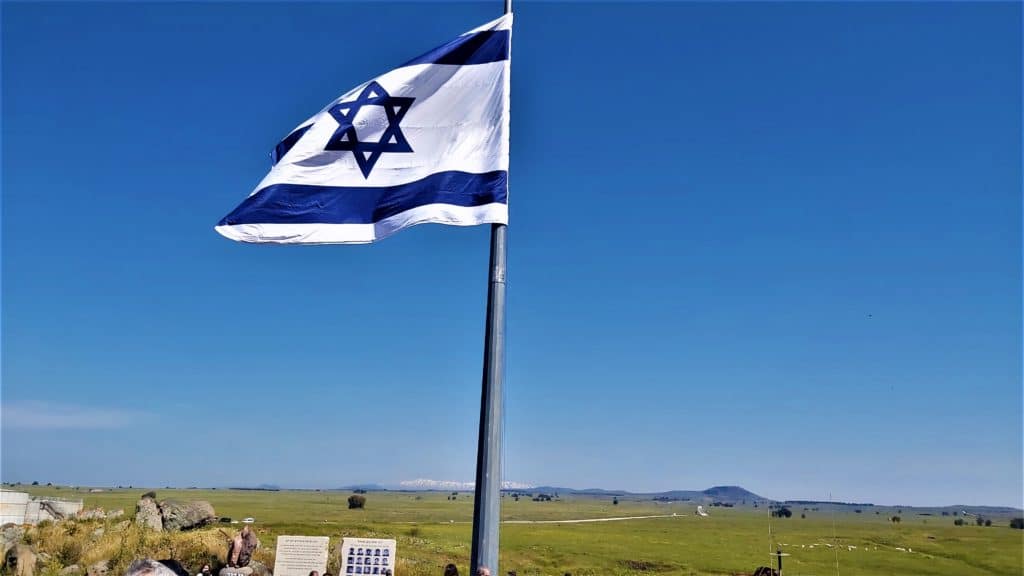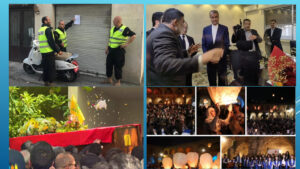Today we celebrate the 73rd Independence Day of the State of Israel. In Israel, there is mandatory military service for every Jew who has reached the age of 18 and for every Druze man of that age. Many of the Arabs (Christians and Muslims) and the ultra-Orthodox who are exempt do volunteer.
Military slang is part of the Hebrew language and the way to integrate into Israeli society is through a “unit” in which you serve in the army. In Israel, there are no internships after graduating from university, except for a few professions. Those who graduate from the military have already done a kind of “internship”, and military service becomes an important component in the professional lives of many of us ( I am a great example of this). We gain important life experience, acquire high improvisational skills, management abilities, and become experts at dealing with stress.
Everyone in Israel knows someone who has fallen in the line of duty. Usually more than one. Every school has a wall dedicated to the memory of the fallen. When I was in ninth grade I took part in the school Yom HaZikaron (Memorial Day for the Fallen Soldiers of the Wars of Israel and Victims of Acts of Terrorism) ceremony. We read passages written by bereaved parents. In one of the passages, the mother wrote: “What am I complaining about, what am I complaining about? After all, we taught our sons about sacrifice…”
When I was 14 I did not understand this sentence. Today as a mother of two teenage sons and my husband’s soldier son, I want to challenge this sentence. Judaism has no value of “shahada” martyrdom. The sanctification of life is more important than the sanctification of death.
The hope for peace is an important part of the content of the ceremonies of Remembrance and Independence Day that follows. Along with the commemoration of the soldiers in the State of Israel, there is always the message of hope that “this will be the last war” – a quote from a famous song played after the Yom Kippur War in 1973.
Do we nevertheless educate our children to sacrifice themselves on the altar?
I think this question requires a complex answer. I educate my children to live for this country, to contribute to it, to volunteer. The message that echoes through our house is that military service is not an option, but a mission. Some do not return but the goal is not to die on the mission. The goal is to protect while preserving life as much as possible.
Every time we hear a fighter jet in the sky (and it happens almost every day) we know there is someone up there guarding us. Whenever we hear an explosion from the border area or see a soldier in a position along the fence – we know they could be our sons, daughters, brothers, sisters, or husband and they are protecting us. This is a very strong feeling that almost every Israeli shares.
Therefore, on Memorial Day, all places of entertainment, as well as restaurants, are closed. People visit cemeteries and support the families of the fallen. Ceremonies are held in all schools. Sad songs are broadcast on the radio. The atmosphere all over the country is one of deep sadness.
Then – all at once- fireworks in the sky and we go out to celebrate Independence Day. A transition that is sharp and very difficult for bereaved families, but necessary to preserve the message for future generations: We owe Israel’s independence to those who have sacrificed their lives to protect us.






